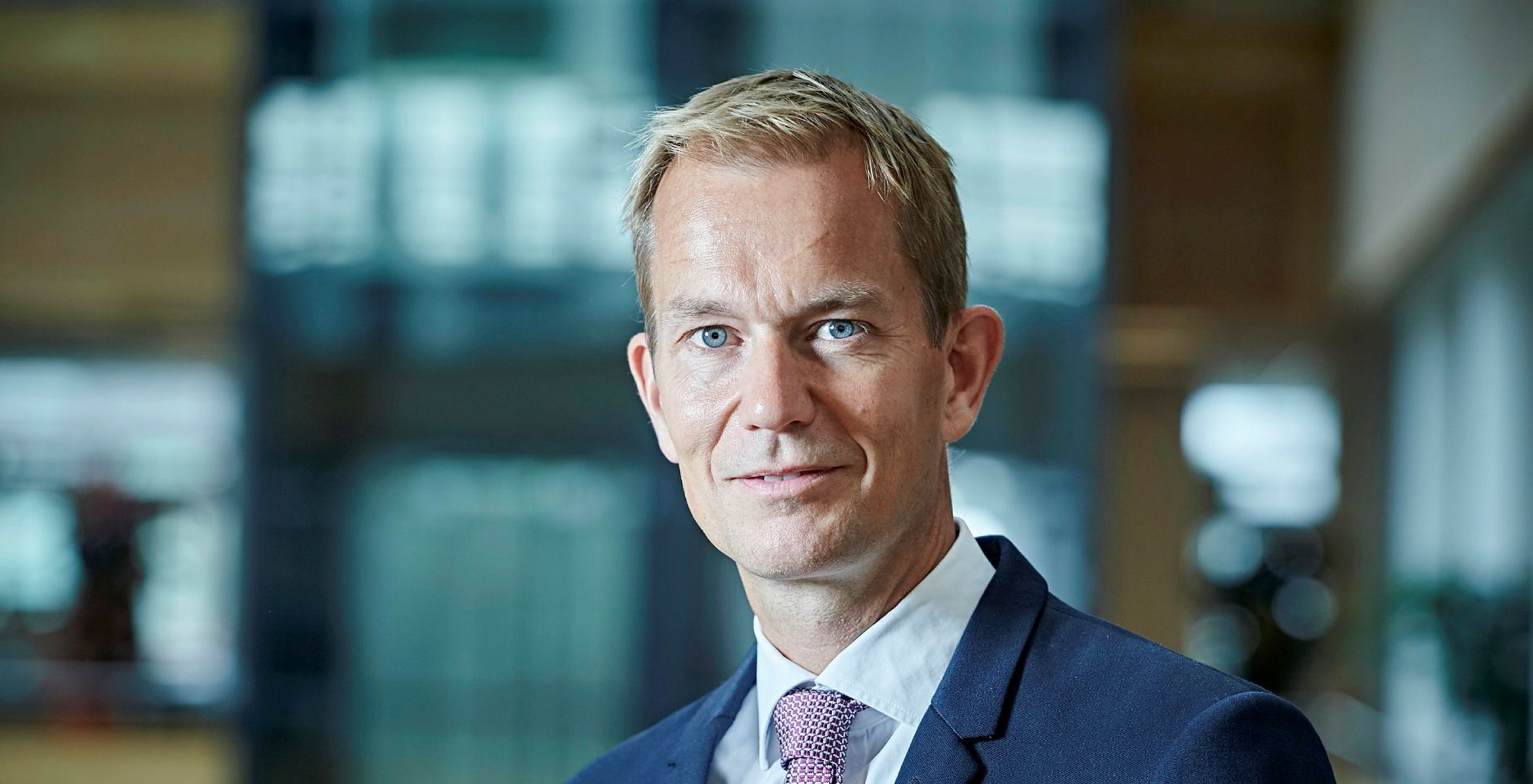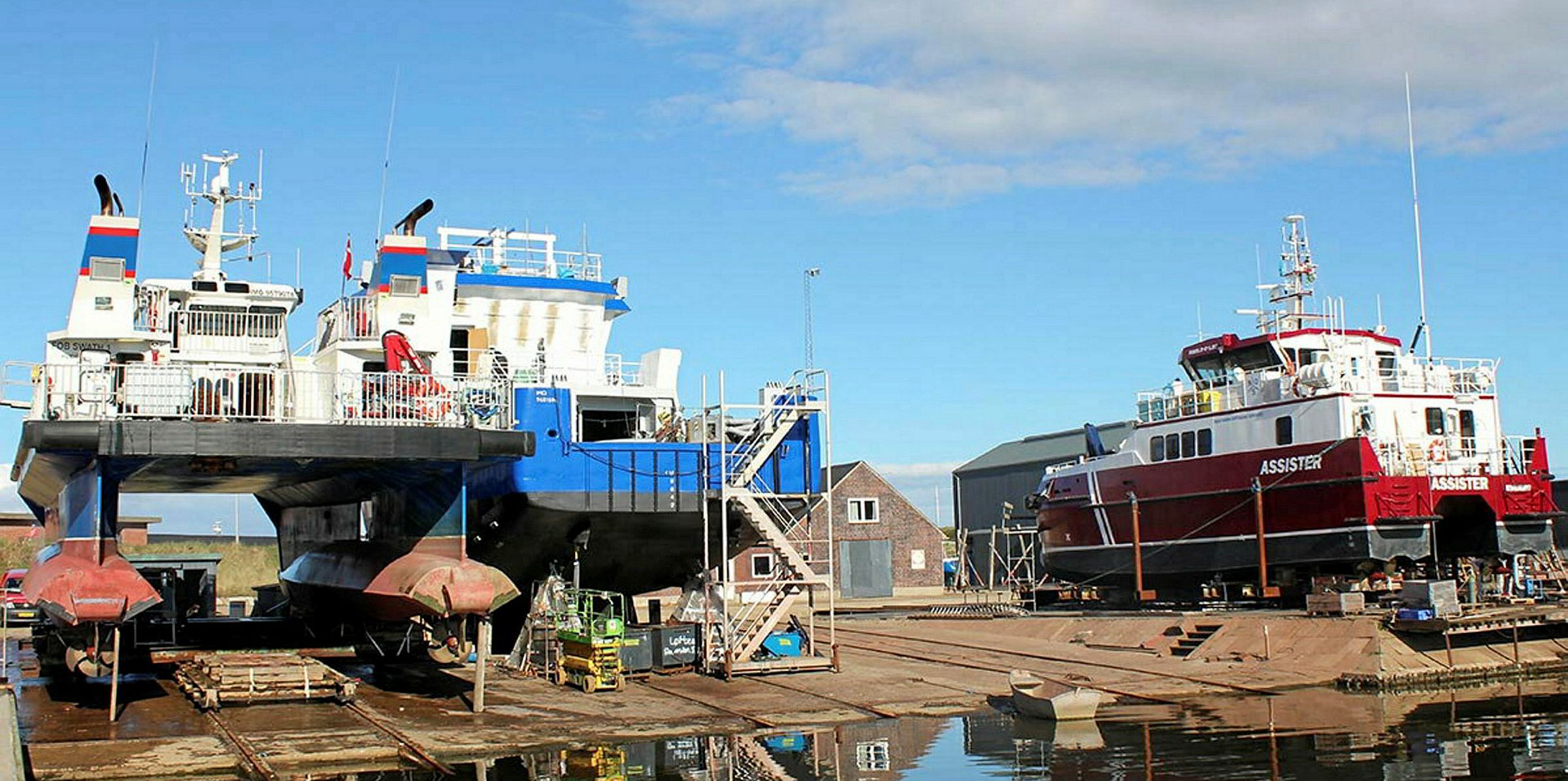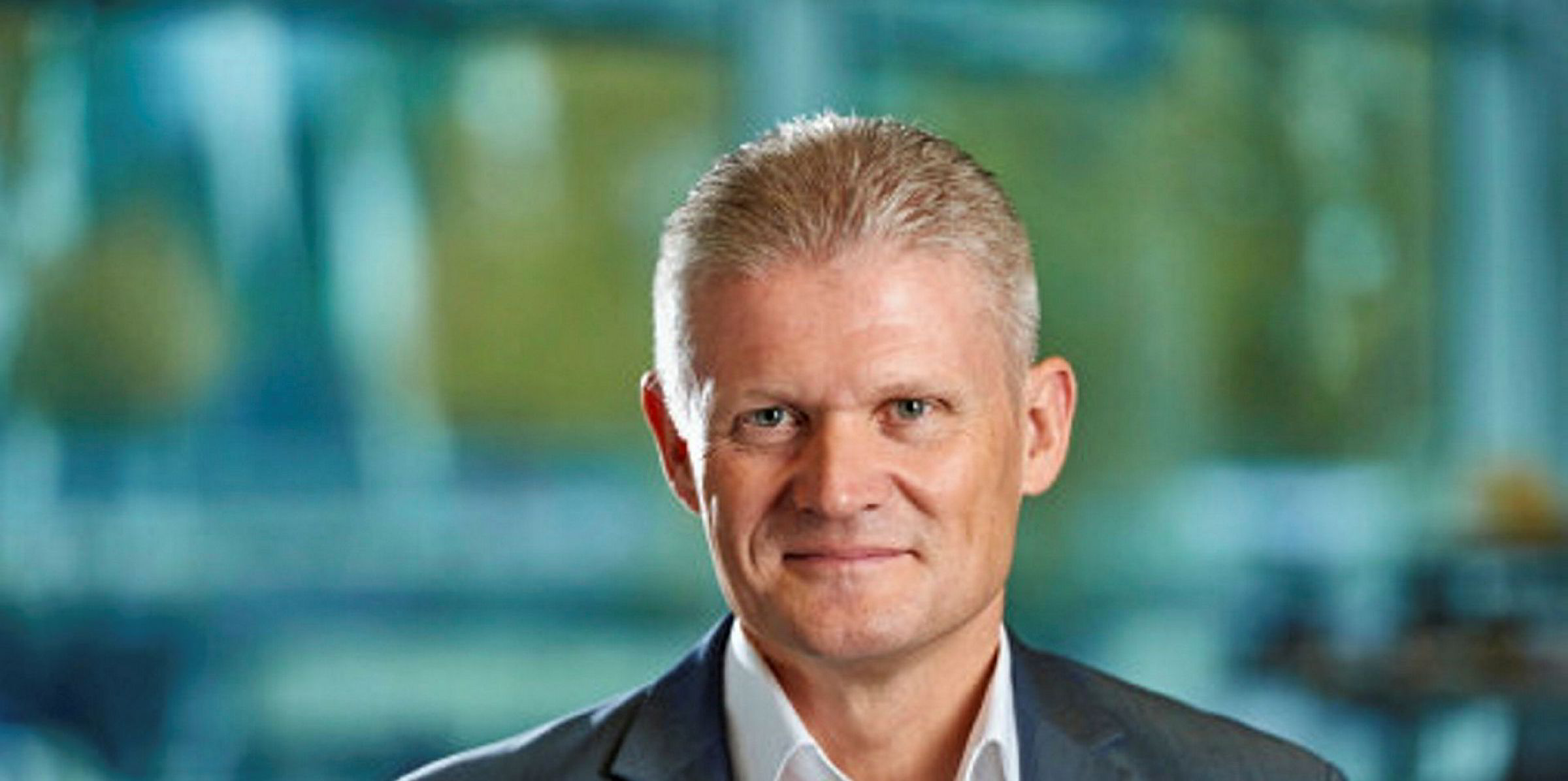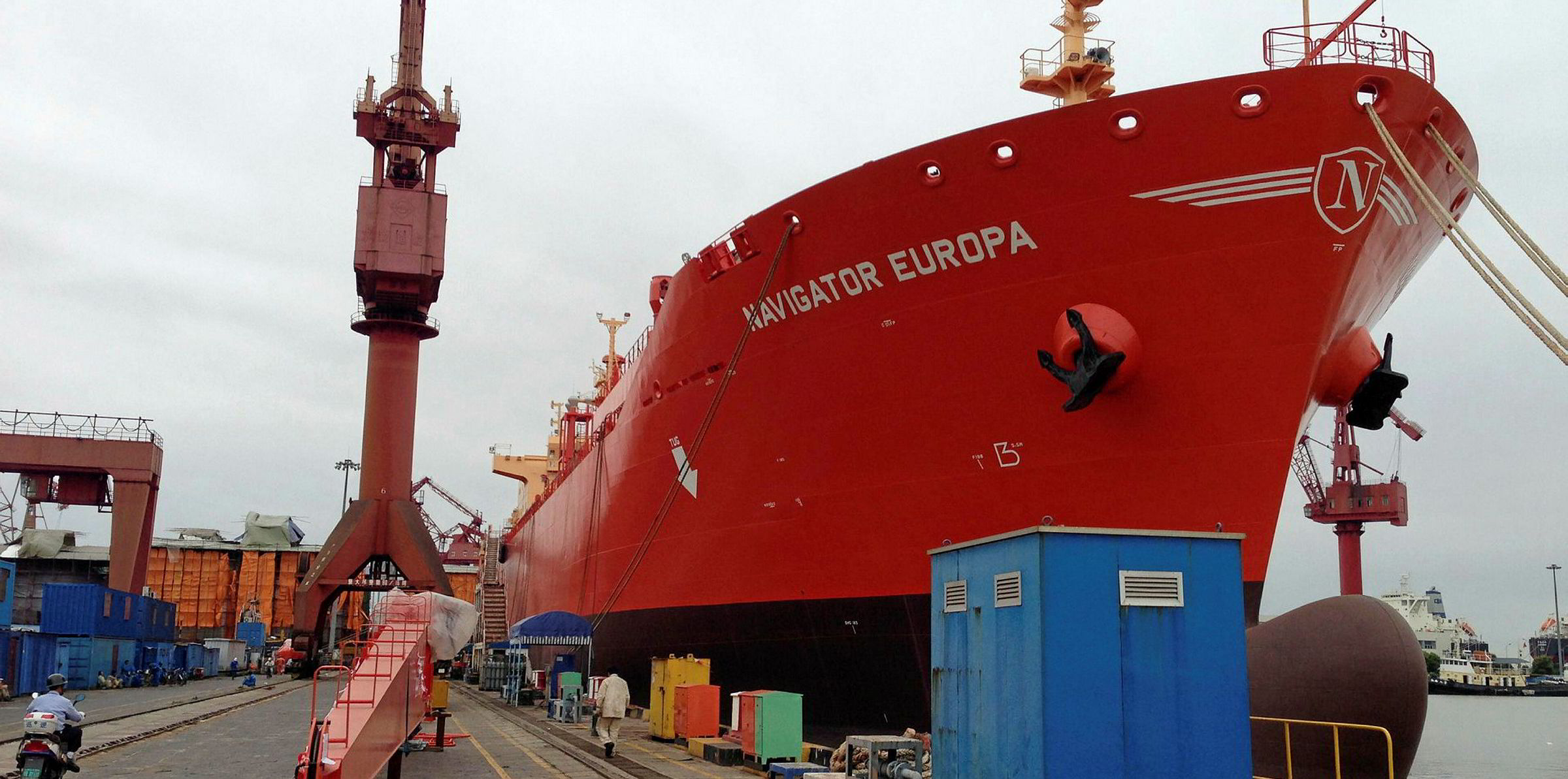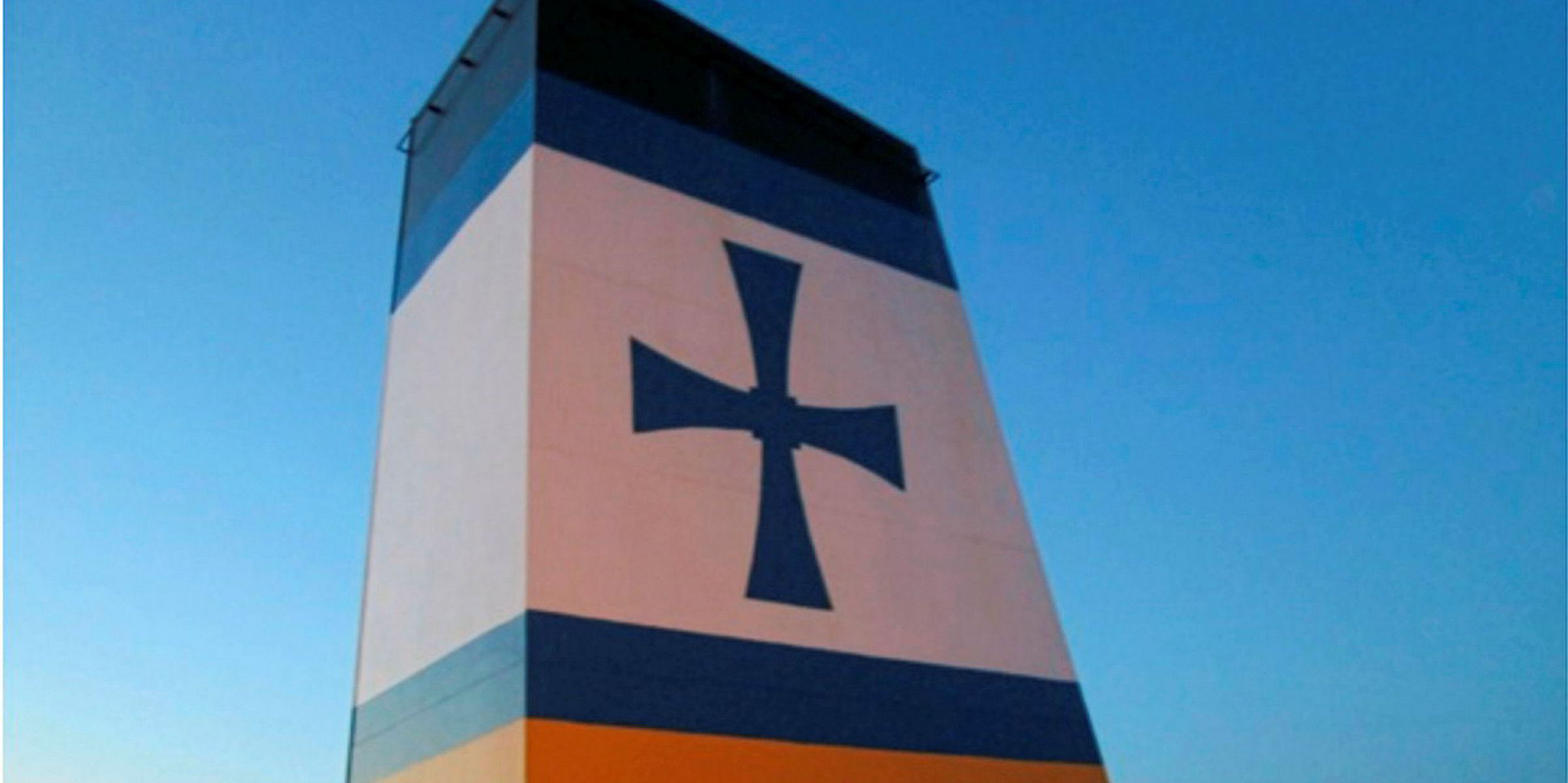Danish shipowner J Lauritzen has split its bulker and LPG carrier operations into two stand-alone operations as it shakes up its management.
The company said on Wednesday that Lauritzen Bulkers and Lauritzen Kosan are now legally distinct entities, giving each the flexibility to develop their businesses.
The move has been months in the planning.
The change was formulated with the aim of allowing Lauritzen Kosan to pursue consolidation in the small gas carrier industry and moving Lauritzen Bulkers further down the path of an asset-light model in the handysize sector.
As part of this strategy, both companies' fleets have been refinanced under long-term deals with the group's four core Nordic lenders — Danske Bank, Nordea, Danish Ship Finance and SEB.
New boards being established
Lauritzen Kosan chief executive Thomas Woidemann and his counterpart at Lauritzen Bulkers, Niels Josefsen, will report to newly established boards for each company.
J Lauritzen’s current general counsel Dorte Rolf will become managing director of the new holding company, J Lauritzen.
This means current group CEO Mads Peter Zacho will leave.
Zacho told TradeWinds his departure is "a natural consequence of the strategic direction of the company and having gas carriers and bulkers as two separate legal entities".
"We have two very strong CEOs for those two businesses. They will be taking the management reins, so you could say I've made myself redundant in passing on the responsibility to those two gentlemen," he said. "I would have been left with no real operating portfolio."
Some time off
As for the future, he said he will be available to J Lauritzen for two months.
"I will enjoy my summer holiday," he said. "Then I will activate my network and look for another operating role where I can use my finance and leadership skills. This could be in shipping or outside shipping. I have nothing lined up at the moment but I like shipping. It has lots of good people."
J Lauritzen chairman Tommy Thomsen added that his company is pleased to see the new plans coming together.
"We give thanks to Mads Peter Zacho for leading this strategy to completion," he said.
"We now have a clear and durable structure, where each of the two businesses can use their strong market presence to compete efficiently and grow in their respective segments."
Consolidation still the aim
Zacho told TradeWinds that the company's strategy has long been to drive consolidation and to provide a platform for others "with ships or money to deploy".
"This took a bit longer than we initially thought, and then the coronavirus came. But I will be happy to watch this from the sidelines and I hope it can happen pretty soon," he said
He added that the bulker operating model is "pretty much fully implemented".
"The company has a short-term pool of vessels and cargo and this has proven to be a good model," he said.
"The fleets of Kosan and Bulkers are now fully refinanced with long-term money. In a time of pandemic, this shows their confidence in us. I am very, very happy that we have been able to do this."
Earlier this year, the company received a helping hand from its controlling shareholder after it posted a bigger loss for 2019.
Cash boost
The company said the Lauritzen Foundation was pumping in $20m as fresh capital to boost its finances.
This is not the first time the foundation has had to pump money into the group.
In 2017, it injected $80m to help it pay a maturing bond issue.
Poor bulk markets, in particular at the beginning of the year, and a weak gas carrier market in the second half of the year, led to the group posting a net loss of $105m last year, compared to $24m in 2018.
J Lauritzen took a $44m hit related to impairments in 2019, and depreciation also rose.
Revenue was cut from $565m to $502m.
The company operated an average fleet of 104 vessels during the year. As part of the switch to an asset-light model for bulkers, it sold seven handysize ships in the final six months.
